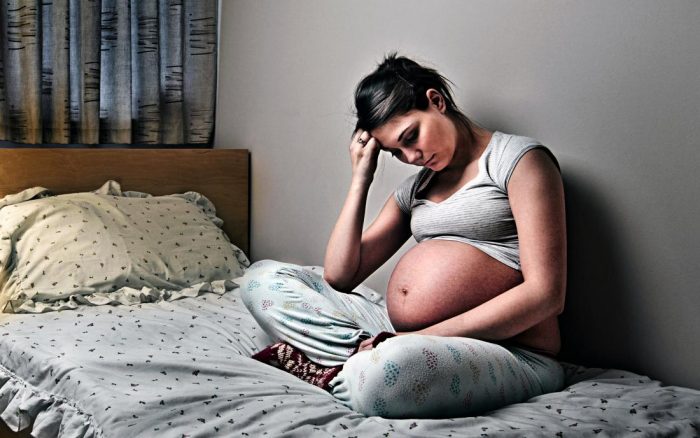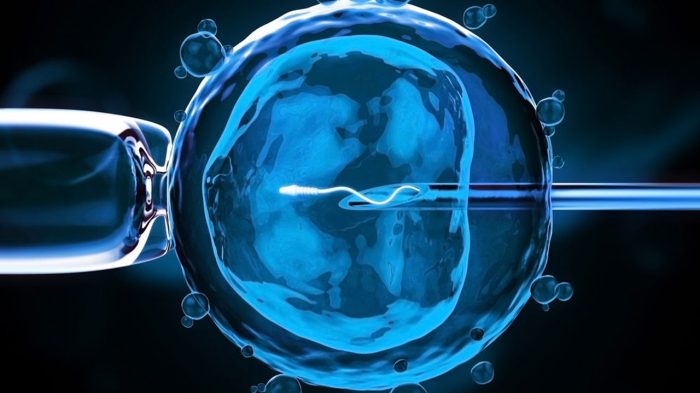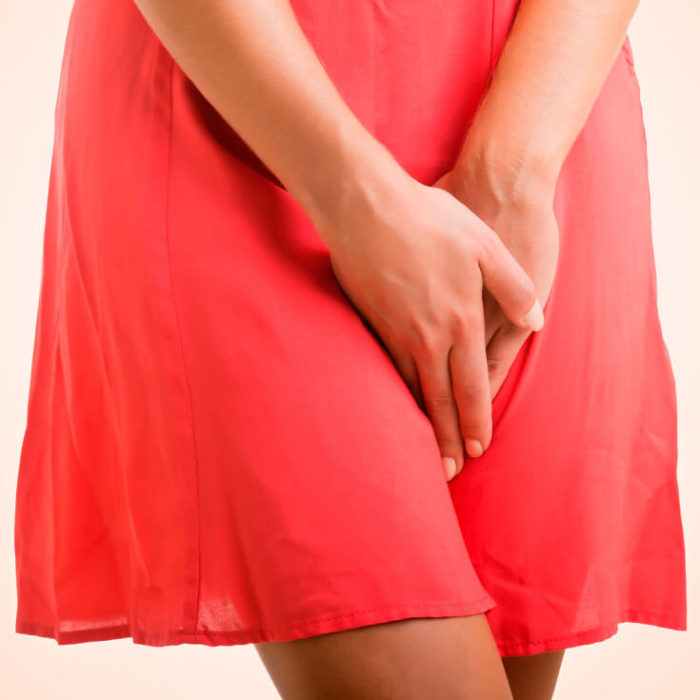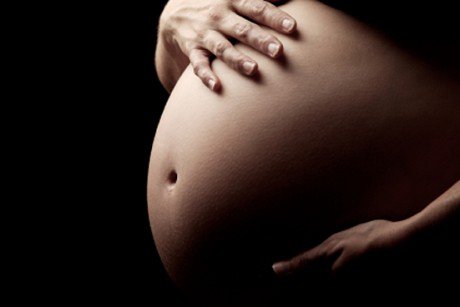Depression is a widespread mental health condition. Pregnant women have a higher risk of depression due to increased stress, physical health changes, chemical changes in the body, and other factors.
While estimates vary, a 2016 analysisTrusted Source suggests that between 7% and upwards of 20% of pregnant women around the world have depression. The actual rate could be higher, since some women may be reluctant to seek help.
Depression during pregnancy can have emotional, health, relationship, and financial effects. Some people know this condition as prenatal depression. However, the American Psychiatric Association no longer use this term. Instead, they use the term major depressive disorder with peripartum onset.
Depression during pregnancy is treatable.
In this article, learn more about the symptoms of depression during pregnancy, as well as the treatment options and when to see a doctor.
Signs and symptoms
It is normal to feel a mix of emotions during pregnancy and about being pregnant.
While a person with depression may feel sad, sadness is just one of many depression symptoms.
Some other signs include:
- new or worsening feelings of worthlessness or hopelessness
- not enjoying activities that were once fun or meaningful
- withdrawing from friends, family, school, work, or hobbies
- new physical health symptoms, such as headaches or stomach aches
- trouble feeling excited about the pregnancy or bonding with the baby after childbirth
- feelings of isolation and low self-esteem
- trouble sleeping
- sleeping too much
- changes in eating habits, such as eating more or less than usual
- thoughts of death or suicide
- frequent crying
- unexplained anger
- relationship stress
- difficulty following prenatal health recommendations because of feelings of helplessness or hopelessness
Suicide prevention
- If you know someone at immediate risk of self-harm, suicide, or hurting another person:
- Call 911 or the local emergency number.
- Stay with the person until professional help arrives.
- Remove any weapons, medications, or other potentially harmful objects.
- Listen to the person without judgment.
Risk factors
Anyone can become depressed during pregnancy, though some people are more vulnerable.
The authors of a 2017 analysisTrusted Source reviewed 5 years of previous studies on the topic and identified the following risk factors:
- previous history of depression
- little or no exercise
- not having a partner
- a history of abuse or trauma
- abuse by a partner
- feeling out of control
- smoking
- using certain drugs, such as opioids
- sleep problems
- immune system problems
- having an unintended pregnancy
- not having a job
Effects on pregnancy
Many women who experience depression during pregnancy have healthy pregnancies. Depression does not mean the baby will be unhealthy or make any particular pregnancy outcome inevitable.
However, research suggestsTrusted Source that depression during pregnancy may raise the risk of:
- postpartum depression
- depression in the baby’s father
- premature birth
- low birth weight
- behavior problems or a difficult temperament in the baby
- changes in the baby’s brain development
A 2011 studyTrusted Source emphasizes that untreated depression increases the risk of adverse pregnancy outcomes. Prompt treatment can improve the outcomes for both the pregnant woman and the developing fetus.
Treatments
Many people find that they must try several treatments or a combination of treatments to get relief from depression symptoms.
Some treatment options that may work include:
- antidepressants to manage the chemical changes in the brain that depression causes
- therapy to help the pregnant woman talk through emotions, identify coping skills, and getting support for the challenges of pregnancy
- support from friends and family
- family or relationship counseling to help expectant people talk about their emotions and manage the challenges of parenting
- lifestyle changes, such as doing more exercise, as long as it is safe during pregnancy
- support groups for expectant parents
- treatment for any underlying medical conditions
Are antidepressants safe during pregnancy?
A handful of studiesTrusted Source link antidepressant use during pregnancy to an increased risk of congenital disabilities. Some studies have also found an increased risk of premature birth and low birth weight.
However, many studies fail to control for other factors that might explain these outcomes, such as worse health in women with depression or the effects of depression itself on the pregnancy. Additionally, some of the research is contradictory and inconclusive. The side effects are not consistent across studiesTrusted Source.
The risks of untreated depression may outweigh any potential risks of antidepressants. Research has found that 60–70%Trusted Source of women who stop using antidepressants during pregnancy experience a return of depression symptoms.
The American College of Obstetricians and Gynecologists advise that the risk of side effects from antidepressants during pregnancy is low. The risk, they add, is highest in very early pregnancy—during the 3rd to 8th weeks.
Antidepressants are not the only treatment for depression during pregnancy, however. Therapy, lifestyle changes, support from friends and family, and sometimes family or couples counseling are also good options. Most people use a combination of treatments.
Some pregnant women prefer to try other treatments before choosing antidepressants. This strategy may work for some people, but not others.
When to see a doctor
Anyone who is pregnant and suspects they have depression should see their doctor as soon as possible. Most obstetricians and midwives have basic training in detecting depression in pregnant women.
They can also help a person decide on the right treatments and answer any questions they have about potential risks to the baby.
To get quality, comprehensive treatment, most people need additional support from a mental health professional.
A psychiatrist can help with deciding on the right medication, assessing the risk of side effects, and switching medications if necessary. A therapist, psychologist, or clinical social worker can also offer therapy and may recommend lifestyle or other changes to improve symptoms.
Summary
Depression during pregnancy can be an isolating experience. Friends and family may have unfair expectations that pregnant women always feel happy and fail to recognize the many challenges associated with pregnancy and parenthood.
Some women feel guilty or ashamed of their emotions or worry that depression means they are unfit for parenthood.
Depression is no one’s fault. It is a treatable medical condition. The hopelessness that comes with depression may convince a person that treatment will not work, or that they will feel miserable forever. These feelings are symptoms of depression, not a reasonable assessment.
Prompt treatment is vital to relieve symptoms and to help a woman have a healthy and content pregnancy.








